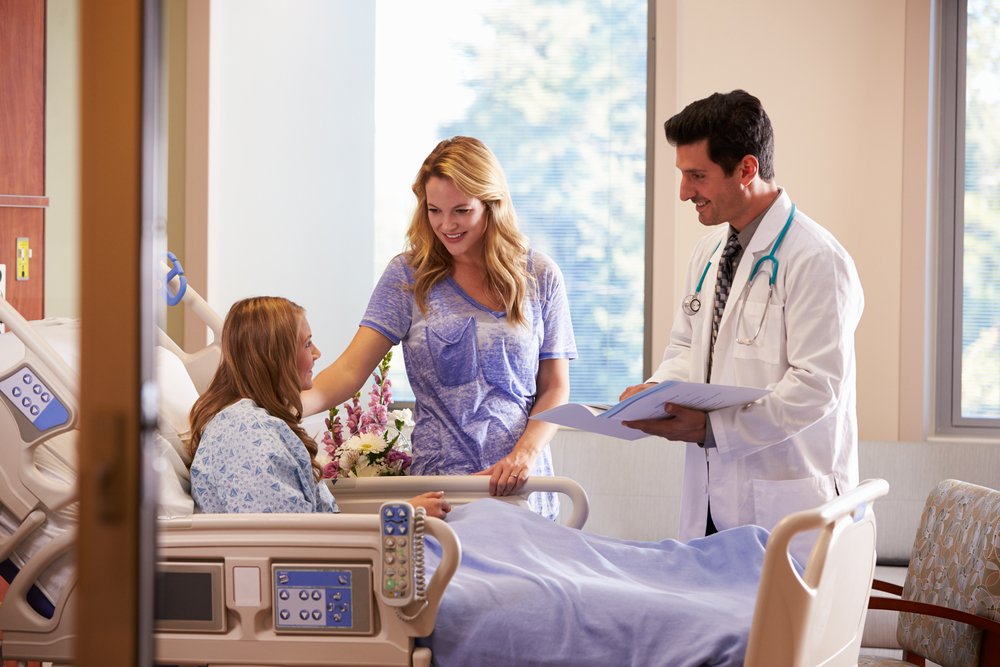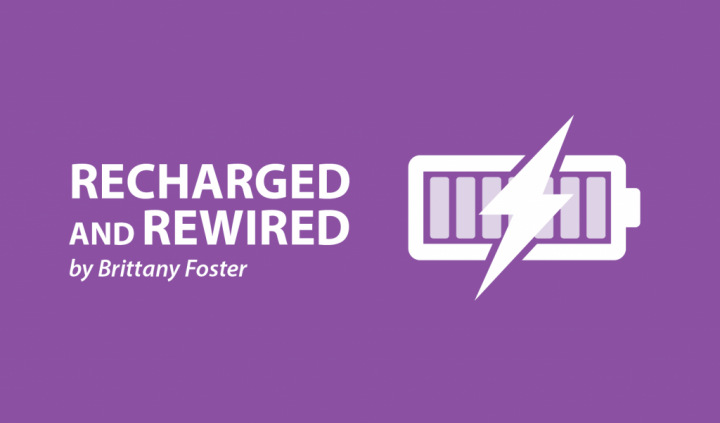With PH, I Know Each Hospital Stay is Not My Last
Written by |

“Hopefully we won’t see you back here any time soon!”
“Let’s hope not!”
This was the conversation between my nurse and me as I walked out of the hospital after a nine-day stay. The nurse and hospital staff saw me walking out of that hospital with way more color in my face than when I’d arrived. They saw my appetite return as I was able to hold down food following a terrible infection with Clostridium difficile. I appeared to be confident and ready to go home.
As I said my “goodbyes,” my smile masked my emotions. I hid my fears and worries. I was struck by one of the hardest realities those of us with pulmonary hypertension experience when leaving a hospital. My reality, and that of many with chronic illness, is that each hospital visit is never the last I tried to sound cheery when I responded with “Let’s hope not!,” but I knew it was a lie. I knew that in just a few weeks I would be admitted again, this time for a surgical procedure.
No matter how many hospital stays I experience, I don’t think I will ever “get used to it.” I can’t get used to the beeping of the monitors when they alert me to my fast heart rate. I can’t grow accustomed to the panic on the nurses’ faces as they come rushing into the room when my oxygen levels drop. I can’t normalize the discomfort I feel when I get blood drawn at all hours of the night. I will never be OK with the helplessness I feel knowing that my health is dependent on the care of others. When I’m in the hospital, I feel like I lose my sense of control.
Being in a hospital brings up so many difficult emotions. It’s hard knowing that I will have to go through it all over again the next time. While I’m there, I feel a mix of everything. Physically, I feel pain, fatigue, weakness, and numbness. Mentally, I feel angry, agitated, restless, anxious, depressed, and all of the emotions in between. When leaving the hospital, it can take weeks to process my feelings and talk about them with people I trust. Because of the difficulty and trauma that accompanies a hospital stay, my anxiety increases just thinking about the next time I will be there.
Post-discharge, I find it beneficial to take the time to think about my previous hospital stays, including my most recent admissions. While I think about them, I try to recall all the ways that those stays went smoothly. It is helpful to remind myself there are some positives to each hospital stay and ways I can retain a sense of control when I’m there.
Ask questions and share your knowledge of Pulmonary Hypertension in our forums.
Some positives that have helped me through an admission are: effective communication with doctors; having a list of my medications and my medical history in case something is missing from records, and; comfort items from my “hospital bag” that help me regain a sense of dignity and provide distraction.
Some of the more negative experiences I have had in a hospital are when my trauma responses get triggered. This happens when I don’t feel like I am being listened to, when my voice seems to be silenced, and when I am taking a back seat with my healthcare. It’s important for me to feel I am playing a part in decision-making when it comes to my care. Speaking to hospital social workers and letting nurses and doctors know about my trauma history is something on which I am working.
A hospital admission isn’t at the top of my “to-do list.” Unfortunately, it is one of my realities. I have learned to take the positive and negative experiences from hospital stays and use them to better advocate for myself. It’s difficult to know that each admittance won’t be my last. But knowing there will be a next time helps me prepare for that “next time.”
To lessen my anxiety about hospitals I ask myself, “How can I gain some control back and do all I can to make each admission run as smoothly as possible?”
***
Note: Pulmonary Hypertension News is strictly a news and information website about the disease. It does not provide medical advice, diagnosis, or treatment. This content is not intended to be a substitute for professional medical advice, diagnosis, or treatment. Always seek the advice of your physician or other qualified health provider with any questions you may have regarding a medical condition. Never disregard professional medical advice or delay in seeking it because of something you have read on this website. The opinions expressed in this column are not those of Pulmonary Hypertension News or its parent company, Bionews Services, and are intended to spark discussion about issues pertaining to pulmonary hypertension.





Jeanette Hatch
Thank you. You have exactly expressed much of what I went through during a recent hospital stay. In addition to the emotions related to being quite sick and physically confined I had an increase in emotional swings due to a high dose of prednisone...I am not sure the staff understood that the emotional swings were pretty much normal for the nature of the hospitalization I had. And, I agree it takes time to process it all after discharge. I had to inhibit some of my normal self and it took a little time to again regain the feelings of freedom and spontaneity of action. I know there may be future hospitalization and I am already dreading it. After reading your article I am reminded that I need to be prepared to make the best of a necessary event.
Brittany Foster
Hi Jeanette,
Thank you for taking the time to read my column. I can relate to everything that you are saying about your hospital stay. I know how scary and uncomfortable it can be and a lot of times we show these emotions through sadness and frustration. Fear is such a difficult feeling to express and it's best to let out anything you may be feeling, even if it takes awhile to get a good cry out. I hope you don't have any upcoming hospital visits and that you can truly appreciate the good days OUT of the hospital.
Vanessa Vaile
So far my only PH related (or post-diagnosis) hospital stay has been for 💔 catheterization and following tests in Denver. I dread the prospect of local hospitalization far more because records are in such disarray that I couldn't be sure anyone would know what meds I'm on, let how to deal with PAH.
Brittany Foster
Hi Vanessa,
Like you I also fear local hospital visits. I had to have some encounters with local hospitals. To make things a bit easier, I would recommend calling your PH doctor or your specific doctor for the condition that you go to a local hospital for. Notify them of the hospital you will be going to and request that they call that local hospital to update them on your plan of care. I also carry with me in a folder a written description (from my doctor) of my medical conditions and a list of medications and my brief care plan. These things have helped me get better care at the local hospitals and not be as fearful if I ever have to go to them.